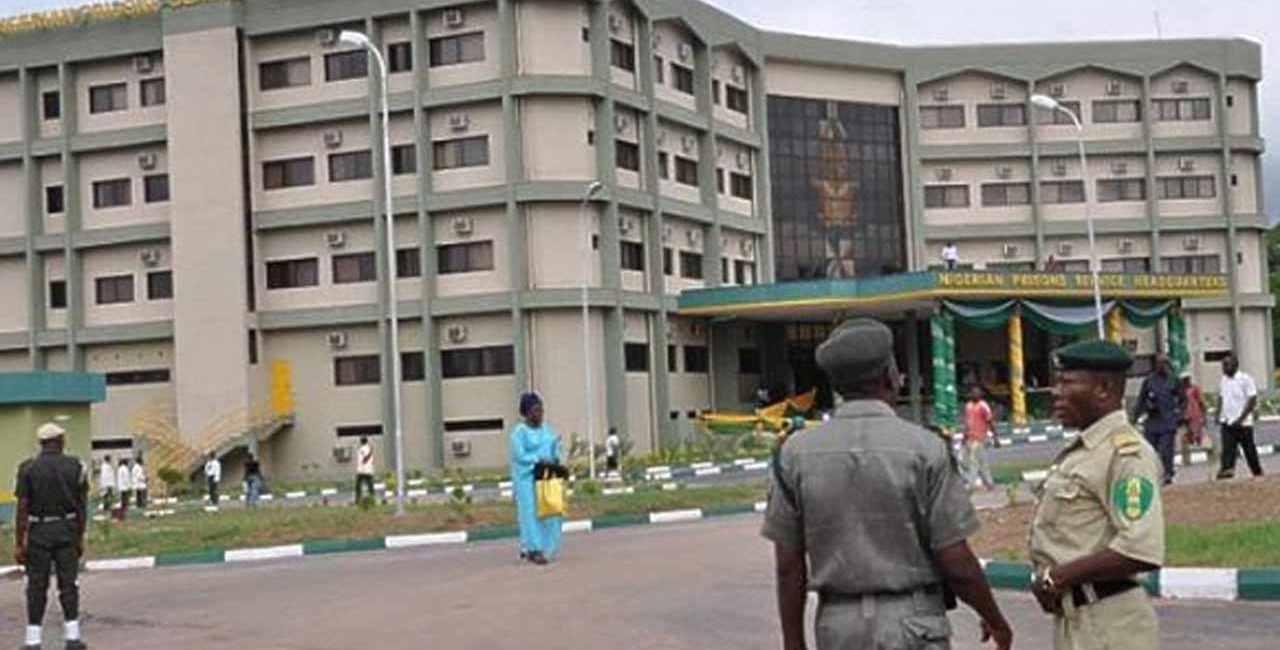Stakeholders have called for urgent reforms in Nigeria’s correctional system to ensure sustainable strategies that protect the health and human rights of incarcerated and other vulnerable populations.
They stressed that improving custodial health services is also vital to safeguarding public health. Nigeria continues to grapple with severe challenges at the intersection of justice, health, and human rights within custodial facilities.
Overcrowding, prolonged pre-trial detention, and inadequate medical services, particularly for inmates living with HIV, tuberculosis, and other health vulnerabilities, remain pressing concerns.
The stakeholders, who spoke at a two-day High-Level Observatory on Custodial Services in Nigeria organised by the United Nations Development Programme (UNDP) Nigeria, under the joint United Nations Team on HIV/AIDS, with support from the Global Fund, called for practical solutions that strengthen health governance in correctional and custodial environments.
The observatory was designed to be a game-changer for Nigeria’s custodial facilities. It aims to provide strategic direction for ongoing studies and reforms in custodial settings, ensuring that critical aspects like gender and human rights dimensions are thoroughly examined.
It also seeks to enhance institutional frameworks and improve health and Justice outcomes related to HIV, tuberculosis, and malaria across Nigeria’s custodial and detention settings.
The Attorney General of the Federation and Minister of Justice, Lateef Fagbemi (SAN), who led discussions at the event, called for urgent structural reforms in the correctional system to address the growing public health challenges among inmates, especially the spread of HIV, tuberculosis, hepatitis, and mental health conditions.
Fagbemi lamented that the growing burden of HIV, TB, hepatitis, and mental health conditions within correctional facilities demands more than medical response, and emphasised the need to tackle systemic drivers such as congestion, resource gaps, and poor continuity of care, among others.
Represented by the Director of Public Prosecution, Mr B.O. Babandoko, he stressed the need to confront underlying issues such as overcrowding, under-resourcing, and broader social determinants that contribute to both offending behaviour and poor health outcomes.
Fagbemi pointed out that custodial environments worldwide house millions of individuals, many of whom enter facilities with untreated mental health conditions, substance use disorders, infectious diseases, and chronic illnesses.
According to him, the prevalence of HIV, tuberculosis, hepatitis, and mental health conditions in correctional settings often exceeds that of the general population by significant margins and demands immediate and sustained attention.
Fagbemi also highlighted critical areas for reform, including early intervention and prevention, continuity of care between custodial and community health services, comprehensive mental health integration, infectious disease control using evidence-based strategies, and capacity-building for correctional healthcare staff.
He emphasised that ensuring the health of incarcerated populations is not just a matter of prison reform, but a public health necessity, adding that most inmates will eventually return to their communities.
On his part, the Executive Secretary of the Country Coordinating Mechanism (CCM) of the Global Fund, Ibrahim Tajated, said CCM has mobilised over $4.8 billion and disbursed $3.9 billion as of 2024, as well as supported national responses for HIV/AIDS, tuberculosis, malaria and building of health Systems across the 36 states and FCT.
Tajudeen observed that Nigeria has made significant progress by involving the judges, National Human Right Commission, Civil society organisations (CSOs), key population network and other partners like joint UN System at all levels of the response to improve access to justice.
Work on Prevention of Sexual Exploitation Abuse and Harassment (PSEAH) campaign, and eliminated access barriers. He expressed the readiness of the CCM to work with judges to facilitate improved access to justice, reduction of arrests, and maintain the reduction of new infections, access to treatment to ensure expanded access to services at both the facility and the community.
He noted that the Global Fund’s support, in partnership with UNDP, has been instrumental in strengthening integrated approaches that place custodial settings within the national public health framework.
UNDP Representative in Nigeria, Elsie Attafuah, stressed that correctional facilities must transition from centres of exclusion to places where rehabilitation, healthcare, and dignity are prioritised.
She said the goal of the observatory session is to develop practical, rights-based recommendations that can be mainstreamed into national policies and commended the UNDP leadership for convening actors across sectors to tackle health governance gaps within correctional institutions.




No Comment! Be the first one.